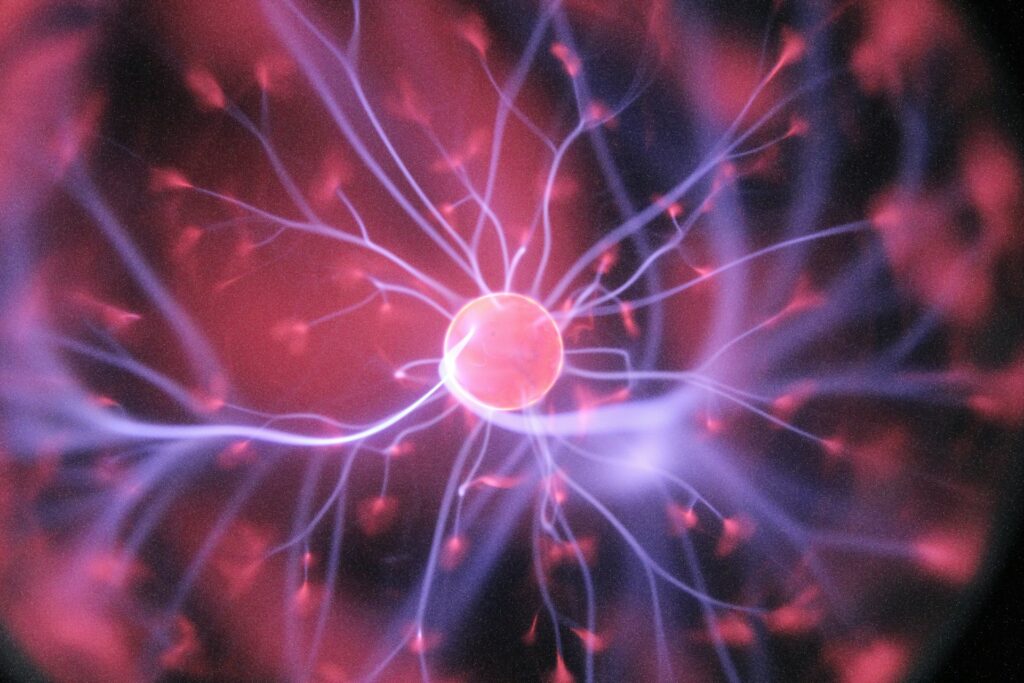Human beings are proud beings. Proud of being intelligent, having more knowledge, and making wider connections with people of a higher social standing than them. There are many different reasons for which all of us feel proud of ourselves or even the whole of humanity. Which is understandable if we see the accomplishments of the human race since the beginning of our existence. But one thing, above all, that makes us the proudest —for which we call ourselves human beings— is our free will. For that, David A. Carter, in his book, Our Mysterious Lives, discusses the topic of free will, among many others, to understand human existence.
Free will is a concept that many scientists and theologians argue over. Just like every other relevant thing that questions the existence of human beings, this is a topic that has been raised and argued over many times since its first askance. Free will is a concept that is defined as the independent nature of human beings. The idea of taking actions and making decisions about their lives, irrelevant to any event that transpires in the universe.
But the idea that there is more than one alternative to select from while making a decision or taking action was countered by several other schools of thought. Divine Fatalism and Determinism are two of the many. Though the extreme concept of Divine Fatalism, which essentially states that every choice that a person makes is controlled by a higher deity, has rather been redundant in the past couple of decades. As more advancements were made in the scientific and philosophical fields, Determinism became the main focus of studies in regards to free will.
In Our Mysterious Lives, Carter mentions two very famous names in the philosophical world. One of the experts on this particular topic is Daniel Dennett, an American philosopher, among many others. He presented his research on the philosophy of the human mind. He, along with another American philosopher and neuroscientist with many other areas of expertise falling under his name, Sam Harris. Both experts have contributed tremendously to the understanding of the abstract concept of free will, along with many other topics.
They answered many questions and introduced the idea that free will is an illusion. They combined different counter-concepts, such as Mechanism and Reductionism into more refined concepts. The dawn of quantum mechanics also brought new questions and answers regarding the matter along with it. With as many perspectives as there are, the different schools of thought don’t stray from each other all that much. Quantum mechanics presented the idea of free will being undeterminable because of the element of human unpredictability.
Carter’s book also discusses the idea, observed by award-winning economist, psychologist, and Israeli-American author Daniel Kahneman. In his own book, Thinking, Fast and Slow, he talks about how our brains work in regards to decision-making and actions that require our fight, flight, or freeze instincts to trigger. The phenomenon that occurs when we make an immediate decision, small or big, and when we decide to take time to think over something. The decision to take action later after contemplation is also one that we take immediately, most times. This perspective of looking into the human mind and the control that we have over our actions in a logical and statistical manner helped understand the human brain a little better. Though an answer has not yet been determined, experiments and studies are being done, which brings us one step closer to understanding human existence and unlocking the secrets of our purpose in life and in this universe. David A. Carter’s book, Our Mysterious Lives, is now available on the official website and on Amazon.

